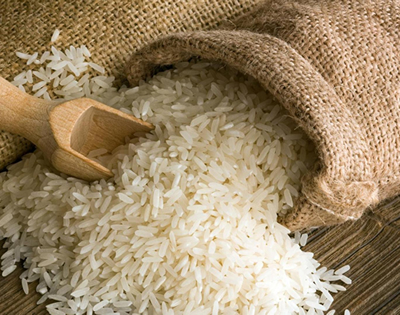Upper East Region will not suffer food deficit – MOFA Director
 Reverend John Manu, the Upper East Regional Director of the Ministry of food and Agriculture (MOFA), has said there will be no food shortage in the region despite the infestation of the Fall Army Worm which has affected maize and millet crops.
Reverend John Manu, the Upper East Regional Director of the Ministry of food and Agriculture (MOFA), has said there will be no food shortage in the region despite the infestation of the Fall Army Worm which has affected maize and millet crops.
Mr Manu allayed the fears of the people in the region that food production might reduce, saying “there is no cause for alarm” adding that a lot of work has been carried out to safeguard farms from any further damage.
In an interview with the Ghana News Agency in Bolgatanga, he said, that out of a total of 110,100 hectares of farms that were affected, 109,490 hectares have been recovered.
He said farmers who cultivated about 610 hectares of maize and millet that were destroyed as a result of serious worm infestation had been advised to replant cowpea (beans) to reclaim the farms.
The area most affected by the worm infestation in the region include the Garu, and Binduri districts, and the Bawku and Kassena Nankana Municipalities.
Mr Timothy Zangina, the officer in charge of statistics, MOFA, said the region’s crop production performance indicates a good progress and it was expected that the 2017 yield would not be short of expectation in view of the worm infestation.
Mr Zangina said that in 2014, a total of 285,113 hectares of cropping area was cultivated for all other crops with maize yielding 59,627 metric tonnes, rice yielding 81,010 metric tonnes, while millet and sorghum yielded 41,541 and 48,110 metric tonnes respectively.
Meanwhile in the 2015 production year, crop area cultivated was 271,307 hectares with maize yielding 76,903 metric tonnes, rice 99,749, whilst millet yielded 42,069 and sorghum 51,900 metric tons.
He said maize in 2016 yielded 81,648 tonnes, rice yielded 82,923 tonnes, millet cultivated yielded 43,318 tonnes and sorghum yielded 55,732 metric tonnes.
It is expected that the 2017 crop yield will not be much different, he said.
Source: GNA
